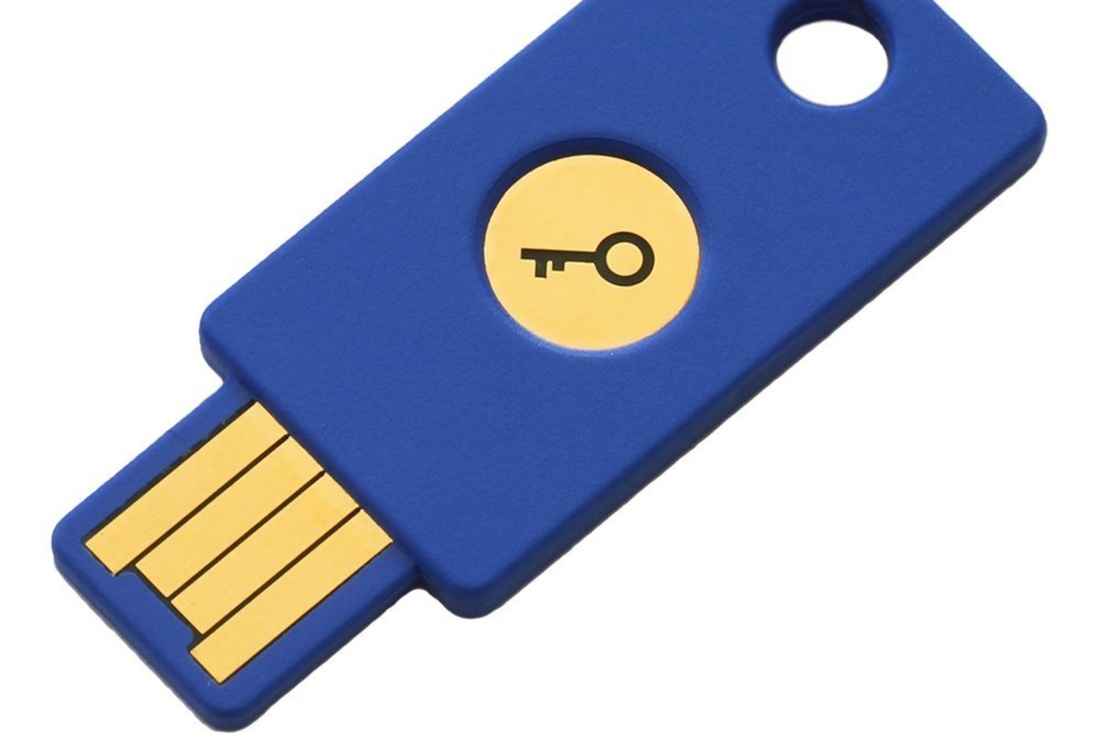Because the Security Key is built on an open standard, there's also no reason to think it will be limited to USB — which is particularly important given the recent bugs discovered in USB hardware. (Specific tokens can also be protected against the bug in the manufacturing process.) The same architecture could be used over Bluetooth or NFC tokens, or triggered by biometric scans of a users fingerprint or iris. It could also be used to move beyond simple two-factor security, requiring three or four different authentications before particularly sensitive information could be accessed, although those features aren't present in Google's current implementation.
However the standard develops, it's clear that Google and others are already moving away from a single password as the standard for consumer security. "There is no doubt that a new era has arrived," said FIDO Alliance President Michael Barrett in an official statement. "We are starting to move users and providers alike beyond single-factor passwords."




